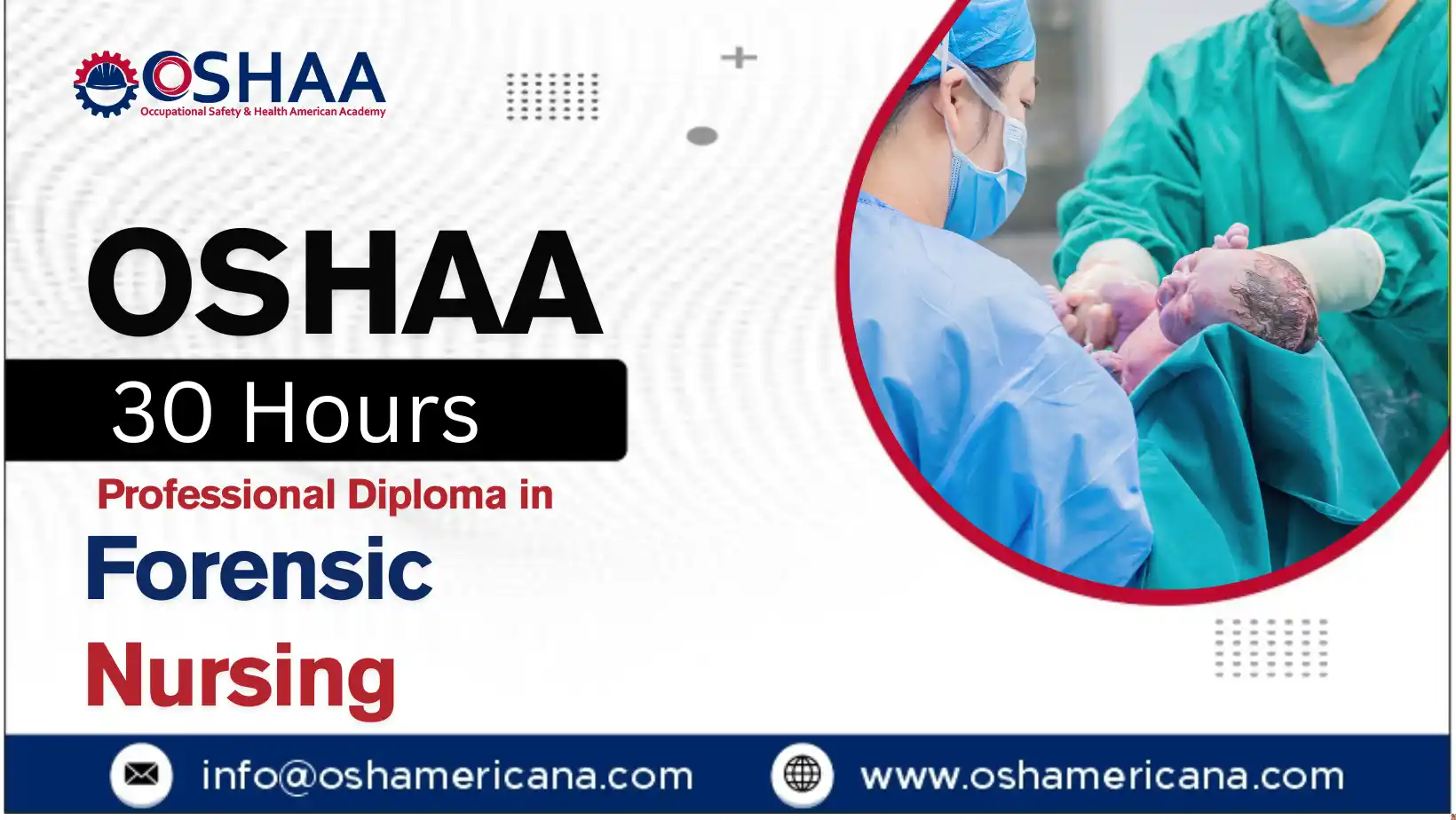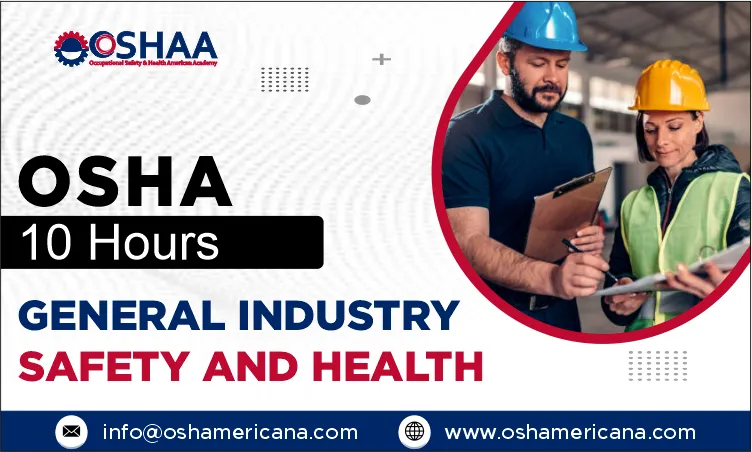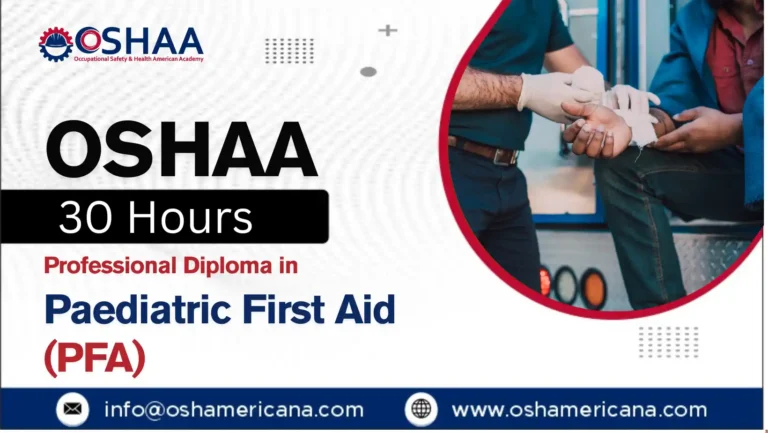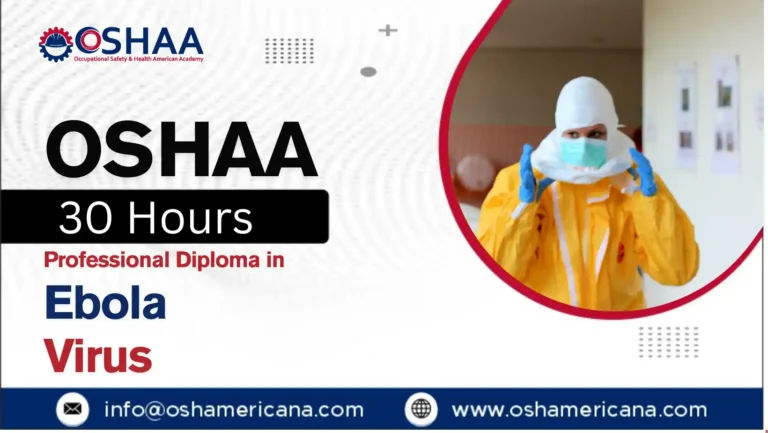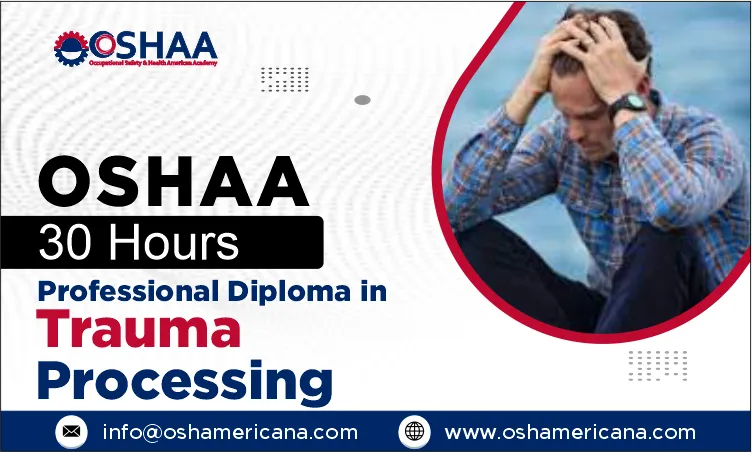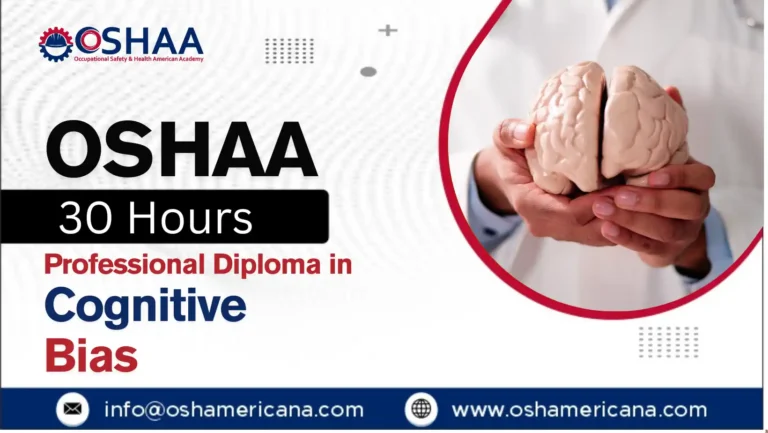The OSHAA 30-Hours Professional Diploma in Forensic Nursing is a specialised programme designed to equip participants with the essential knowledge and skills required to operate effectively within the intersection of healthcare and the legal system. This diploma offers a comprehensive overview of forensic nursing principles, enabling participants to provide expert care to victims of trauma, abuse, and violence while supporting legal processes through accurate evidence collection and documentation.
The OSHAA 30-Hours Professional Diploma in Forensic Nursing equips participants with the ability to assess and manage forensic patients, document findings accurately, and collaborate effectively with law enforcement and legal professionals. This qualification not only enhances clinical expertise but also supports career progression in nursing, forensic science, social work, and related fields.
Participants completing the diploma will gain a strong foundation in forensic nursing, enabling them to work within hospitals, community settings, sexual assault referral centres, and multidisciplinary teams. The programme also serves as a stepping stone for further specialisation or advanced study in forensic healthcare.
This diploma is ideally suited for registered nurses, healthcare practitioners, social workers, counsellors, and others involved in caring for victims of violence or trauma. It is also valuable for those working within criminal justice or victim support services who require a robust understanding of forensic nursing principles.
OSHAA 30-Hours Professional Diploma in Forensic Nursing
Study Units
Learning Outcomes
Introduction to Forensic Nursing and Legal Frameworks (3 Hours)
- Understand the role and scope of forensic nursing within healthcare and legal systems
- Explain relevant legal frameworks and regulations affecting forensic practice
- Recognise the responsibilities of forensic nurses in clinical and judicial contexts
Trauma-Informed Care and Patient Advocacy (4 Hours)
- Apply principles of trauma-informed care to support victims sensitively and respectfully
- Understand the importance of patient advocacy in forensic nursing
- Identify strategies to empower and protect patients throughout forensic processes
Medico-Legal Documentation and Reporting (6 Hours)
- Demonstrate accurate and thorough documentation of clinical and forensic findings
- Understand legal requirements for record-keeping and report preparation
- Develop skills to produce clear, objective, and admissible medico-legal reports
Forensic Evidence Collection and Preservation (4 Hours)
- Identify types of forensic evidence relevant to nursing practice
- Apply correct techniques for collecting, handling, and preserving evidence
- Maintain chain of custody protocols to ensure evidence integrity
Understanding Types of Violence and Abuse (3 Hours)
- Recognise different forms of violence, including physical, sexual, emotional, and neglect
- Understand the signs and indicators of abuse across various populations
- Appreciate the impact of violence on victim health and forensic investigation
Psychological Impact of Trauma on Victims (4 Hours)
- Explain common psychological responses to trauma and violence
- Recognise symptoms of acute and chronic trauma-related disorders
- Integrate psychological considerations into holistic patient care plans
Legal and Ethical Considerations in Forensic Nursing (3 Hours)
- Understand ethical principles guiding forensic nursing practice
- Navigate legal responsibilities, confidentiality, and informed consent issues
- Manage potential ethical dilemmas encountered in forensic settings
Interdisciplinary Collaboration and Communication (3 Hours)
- Recognise the importance of teamwork between healthcare, law enforcement, and legal professionals
- Develop effective communication skills to support multidisciplinary collaboration
- Facilitate coordinated care and information sharing while maintaining professional boundaries
Course Benefits of the OSHAA 30-Hours Professional Diploma in Forensic Nursing
- Provides specialised knowledge bridging healthcare and legal systems, essential for effective forensic nursing practice
- Equips participants with practical skills in trauma-informed care, evidence collection, and medico-legal documentation
- Enhances ability to advocate for and support victims of violence with sensitivity and professionalism
- Develops competence in recognising and managing various forms of abuse and trauma
- Strengthens understanding of legal, ethical, and confidentiality considerations within forensic contexts
- Improves interdisciplinary collaboration skills, facilitating better outcomes in multi-agency settings
- Builds confidence in handling complex forensic cases in clinical and community environments
- Aligns with UK professional standards, supporting career development in nursing, forensic healthcare, and allied fields
- Expands opportunities for roles within hospitals, sexual assault referral centres, law enforcement agencies, and victim support organisations
- Contributes to continuing professional development (CPD), enhancing participants’ professional credentials and expertise
The OSHAA 30-Hours Professional Diploma in Forensic Nursing is designed for participants who seek to specialise in the care of victims affected by trauma, violence, and abuse within healthcare and legal settings. It is particularly suited for:
- Registered nurses and healthcare practitioners aiming to expand their expertise in forensic nursing
- Professionals working in sexual assault referral centres, emergency departments, or community health services
- Social workers, counsellors, and victim support workers involved in multidisciplinary care of trauma survivors
- Law enforcement personnel and legal professionals interested in understanding forensic healthcare processes
- Individuals preparing for roles in forensic healthcare, victim advocacy, or criminal justice support services
- Participants committed to developing trauma-informed care skills and medico-legal knowledge in line with UK standards
This course is ideal for those dedicated to providing compassionate, informed care while navigating the complex interface between health and justice systems.

